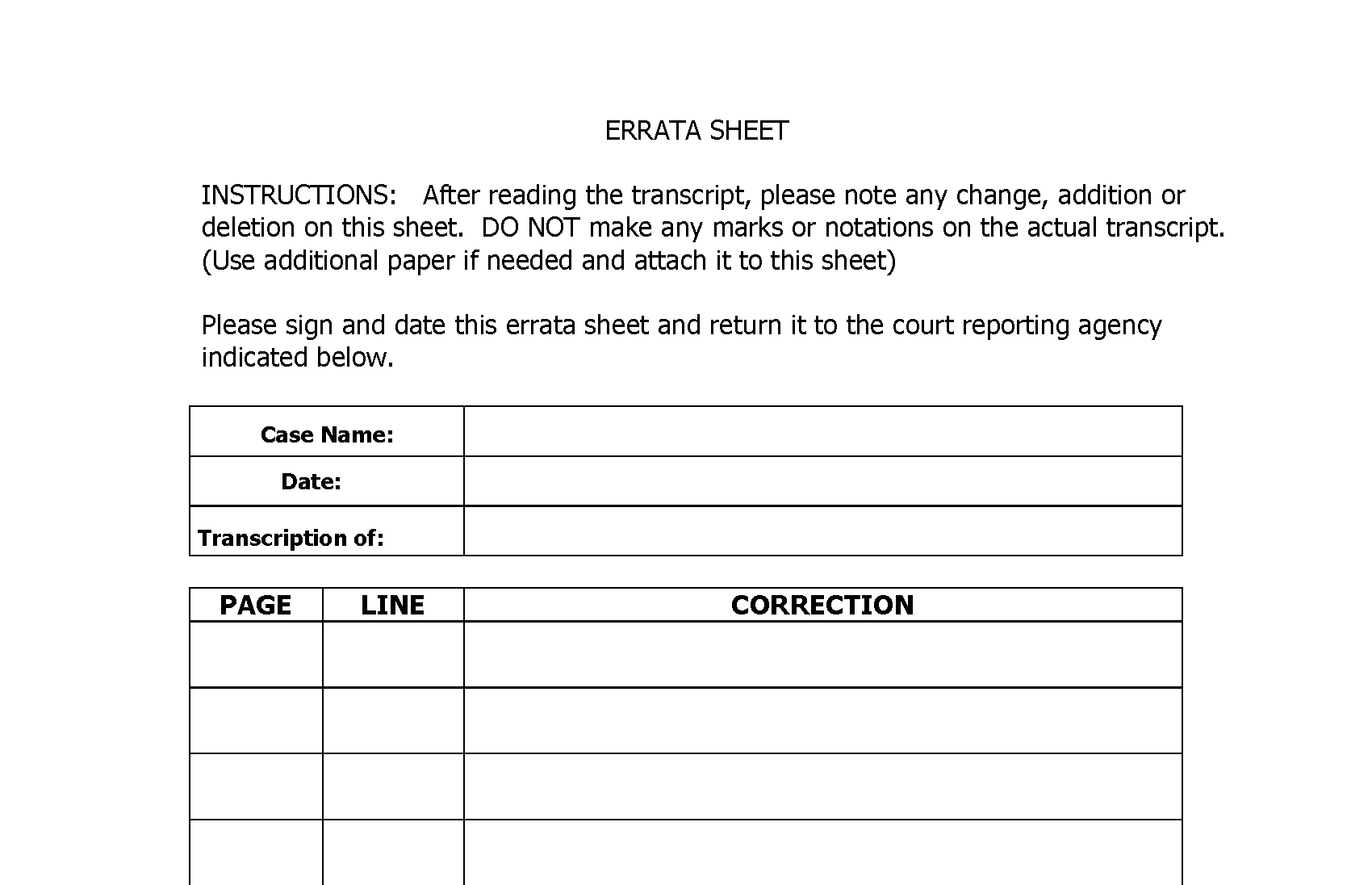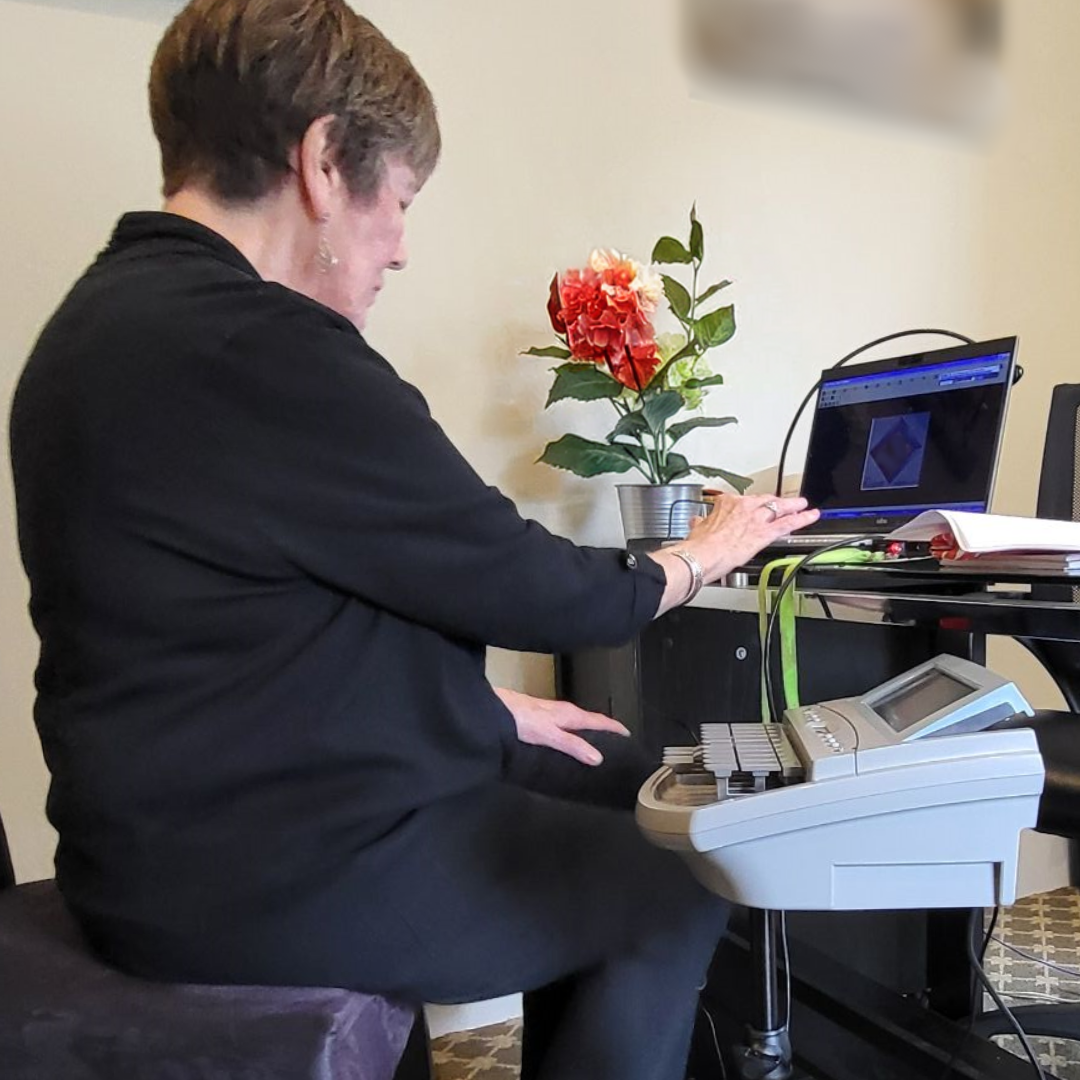What Happens if a Court Reporter Makes a Mistake?
Errors are rare because court reporters are fully and properly trained and have various methods of checking for accuracy.
Do Court Reporters Make Mistakes?
It is rare for a court reporter to make a mistake, but it does happen occasionally. Errors are rare because court reporters are fully and properly trained and have various methods of checking for accuracy.

The key technology for accuracy remains the stenotype machine. But, in addition, good court reporting practice involves note paper and pen/pencil, an audio recording device, and computer software technology. Using these resources, a certified and trained court reporter can prepare a transcript that is extraordinarily accurate. Court reporters also must provide a certification that the transcript is accurate. Providing such a certification is a matter of honorable job performance and continued ability to provide court reporting services. If transcripts are shown to be inaccurate, a court reporter can lose his or her certification.
when do errors happen?
That being said, a mistake is often a function of overtalking or other disturbances in the proceedings — either during a deposition or a courtroom proceeding. But, there are also times when the court reporter just makes mistakes.
Court Reporters can address mistakes from depositions
With respect to depositions, there are a couple of corrective methods. Note that most depositions are pre-trial depositions which means that there is time for errors to manifest and to be corrected. The first method involves “errata” pages that are generally appended to the end of the deposition. These are intended for the witness to write out claimed errors in the transcript. Anything written on errata sheets is considered to be part of the transcript and is handled by the lawyers and (if necessary) the judge. There may be an error, but it may not be crucial to the case. Another method involves seeking confirmation from the court reporter. This involves checking the notes, stenographic records and the recording. Such might clarify the claimed error. An additional method of clarification is to issue additional discovery, such as sending an interrogatory with the aim of correcting or clarifying a claimed error. Another possibility is demanding a second deposition with the same aim.
Can Court Reporters address mistakes from court proceedings?
With respect to trial and other court proceedings, the only effective method of correction is to bring the claimed error to the attention of the judge. If the mistake can be demonstrated and proven, then the judge will have to decide if the error is “material,” meaning important to the outcome of the case or the appeal. Often, the error can be corrected by adding the correction to the official record. That often will “fix” the problem, and matters will continue in the normal fashion.
On very rare occasions, the only “fix” is to send the case back for a new trial. This is what happened in a recent Maryland criminal case. In that case, the court reporter inaccurately transcribed one of the jury instructions. The Maryland Court of Appeals ultimately determined that the error (along with the ineffective efforts to correct the error) were sufficient enough to grant the defendant a new trial.
The above are among the many reasons that court reporting accuracy is essential and one that is mandated here at Elizabeth Gallo Court Reporting.
Contact Elizabeth Gallo Court Reporting Today
The court reporters at Elizabeth Gallo are experienced and we follow the best practices in order to provide excellent litigation support to our customers. For more information, call the experienced court reporters at Elizabeth Gallo Court Reporting. Contact us today to learn about our services and how we can help you.






